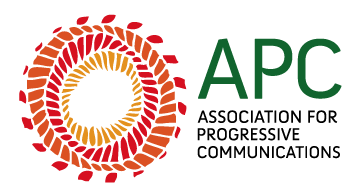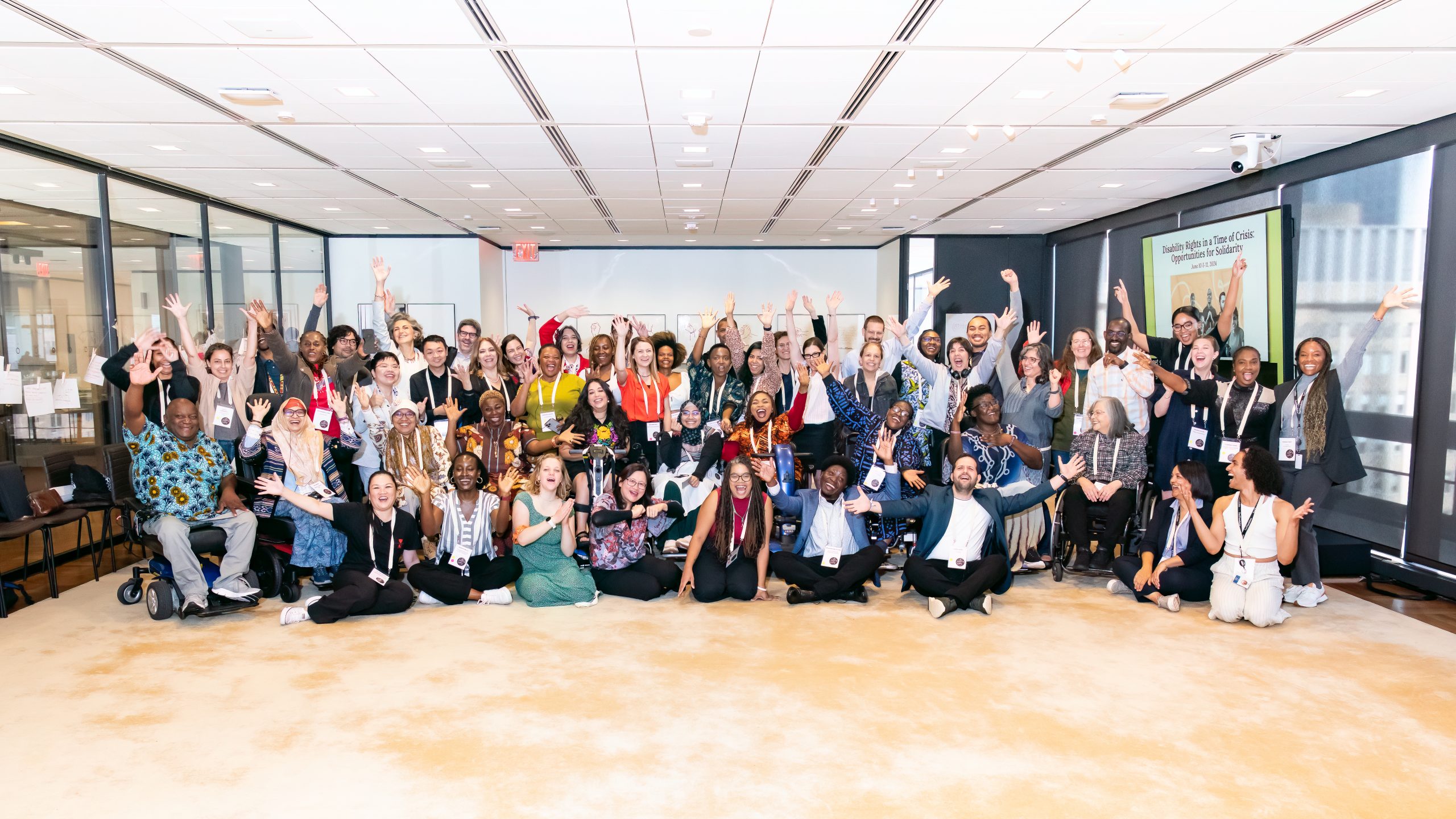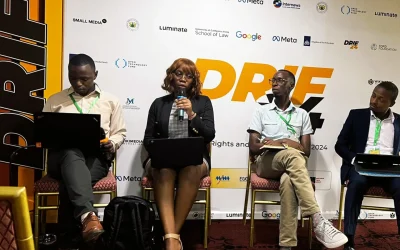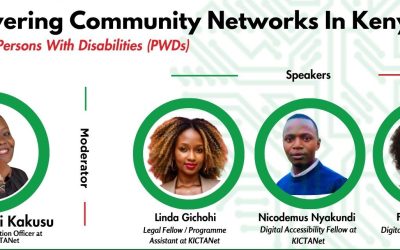Digital Accessibility for Persons with Disabilities – ICT Access and Equality
This is KICTANet’s work on Digital Accessibility for Persons with Disabilities. We are working directly with Persons with Disabilities towards influencing their access to ICTs as well as their lived experiences and their input towards ICT policy.
Some outputs form the program
Program Partners

Digital Accessibility
Since 2022, this Digital Accessibility program addresses all accessibility issues for Persons With Disabilities, the aged, and anyone affected by Accessibility challenges.

Disability Data: How and why it’s important
The importance of disability data cannot be overstated! It plays a crucial role in understanding the needs of persons with disabilities, advocating for their inclusion, and shaping effective policies and initiatives. Focusing on ethical considerations and addressing key questions about data collection are essential for building a society that is inclusive and fair for everyone.
![]()
Conversations from the Global Disability Summit
I was recently at the global disability convening held at the Ford Foundation Centre for Social Justice. The goal of the convening was to bring together disability and non-disability organisations with an aspect of inclusion into a dialogue about building solidarity...
Driving and Deafness: Any Role for Assistive Technology?
The rules are blurred on whether deaf individuals should be licensed to drive, leaving them reliant on BERA tests and at the mercy of doctor’s recommendations.
![]()
Digital Inclusion for All Requires A Deliberate Mind Shift
Kenya is taking a deliberate approach to creating a more inclusive digital society, particularly for people with disabilities. A recent workshop brought together experts to discuss accessibility, consumer protection, and the role of technology in empowering all citizens.
![]()
Community Networks: Lessons on Inclusion From Kenya, Uganda and Ghana
Community networks and other community-led initiatives across Africa are playing an important role in connecting underserved rural communities to the Internet. However, as highlighted in a recent panel discussion hosted by KICTANet, they still face many challenges...
Part 3: How Community Networks Foster Disability Inclusion in Kenya
Accessibility is not only the right thing to do, but it often benefits all users.
![]()
![]()






